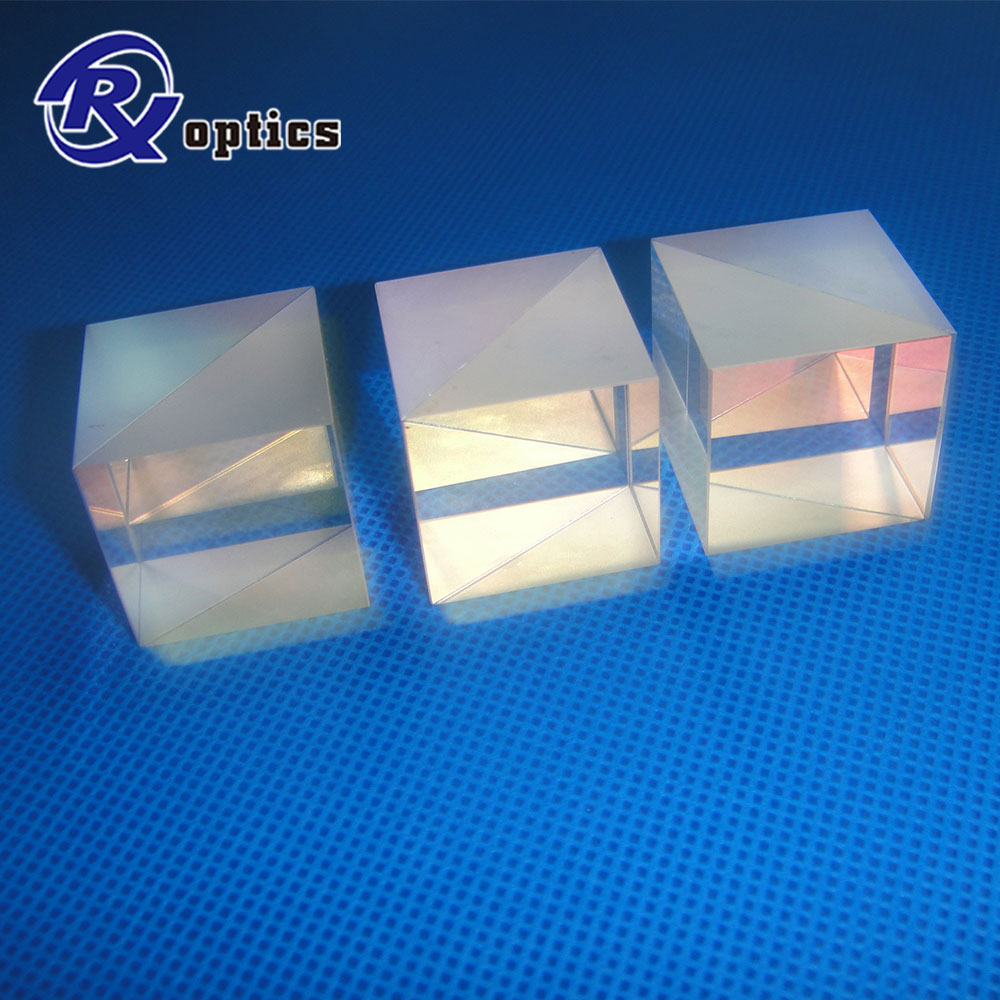China's handling of used batteries is not optimistic. On the one hand, Chinese citizens have insufficient understanding of the harmfulness of old batteries and have not consciously recycled used batteries. On the other hand, the country does not have a special treatment plan and technology for the recovered batteries, resulting in many recycled waste batteries that are only concentrated and stacked, cannot be effectively processed, and lose the meaning of battery recycling. Therefore, waste battery pollution and its treatment has become one of the most important environmental concerns in the society.
How to timely and safely recycle and dispose of used batteries has become increasingly prominent in front of people. For this issue, some successful foreign practices are worth learning. For example, the United States is the country with the most detailed legislation on waste battery environmental management. It has not only established a complete waste battery recycling system, but also established a number of waste battery treatment plants; Germany requires consumers to send used batteries to the store. Or the waste recycling station, the store and the waste recycling station must be unconditionally transferred to the disposal factory for recycling. They also implement the security deposit system for toxic nickel-cadmium batteries and mercury-containing batteries that consumers buy each cell contains a deposit, when consumers take used batteries to change, the price can be automatically deducted from the deposit ,and many more. From this point of view, China should also introduce relevant industry policies and laws and regulations, and formulate management measures in accordance with China's actual conditions and specific operational management implementation rules, so that old battery recycling can always run on the system track.
First of all, for disposable alkaline batteries, the disposable alkaline batteries that the market is allowed to sell are basically mercury-free and low-mercury batteries. Under the current technical and economic conditions that lack effective recycling, the state has discouraged the centralized collection of waste disposable alkaline. battery. Because low-mercury batteries contain little mercury, dispersing them in the garbage dump will not cause much damage to the environment. If these batteries are concentrated together, there are environmental hazards. However, with the development of the economy and the improvement of the quality of life of our people, the development of mercury-free battery dry cells is an inevitable trend.
Secondly, for a button cell, cell phone batteries, rechargeable batteries, lead-acid batteries and other batteries comprising four heavy metals and other harmful substances, a great danger, it is necessary to focus disposal site. For the recycling and disposal of used batteries, especially nickel-cadmium batteries and lead storage batteries, it is necessary for China to learn from developed countries such as Denmark, the United Kingdom, and Japan to treat battery recycling as a public welfare undertaking. The government grants certain subsidies and recycles batteries. Support in policy, taxation and investment, and strengthen the publicity of battery recycling, so that citizens can develop the habit of consciously recycling batteries.
It is also recommended to formulate relevant laws and regulations as soon as possible, establish an effective recycling system for used batteries; implement old-for-new replacement for lead-acid batteries, and pay a certain amount of deposit when purchasing new batteries, and return them when the battery is replaced; compulsory recovery of nickel-cadmium batteries to guide consumption. Environmentally friendly battery.
Finally, we should vigorously develop green batteries. It refers to a class of high-performance, non-polluting batteries that have been put into use or are being developed and developed. Now widely used in nickel-metal hydride batteries, lithium ion batteries and mercury-free alkaline zinc-manganese primary batteries and are promoting the use of rechargeable batteries and are being developed, the development of plastic lithium or lithium ion batteries and fuel cells that belong a category. In addition, solar cells (also known as photovoltaic power generation) that have been widely used and used for photoelectric conversion of solar energy can also be included in this category.
Cube Beamsplitters are a type of Beamsplitter used in many life science or laser applications. Cube Beamsplitters are used to split incident light into two separate components. Cube Beamsplitters are durable, easy to mount Beamsplitters that feature equal optical path lengths

Beamsplitter Cube,Beamsplitter Cube Prism,Beamsplitter Glass Cube,Polarizing Beamsplitter Prism
Changchun Ruiqi Optoelectronics Co.,Ltd , http://www.ruiqi-optics.com